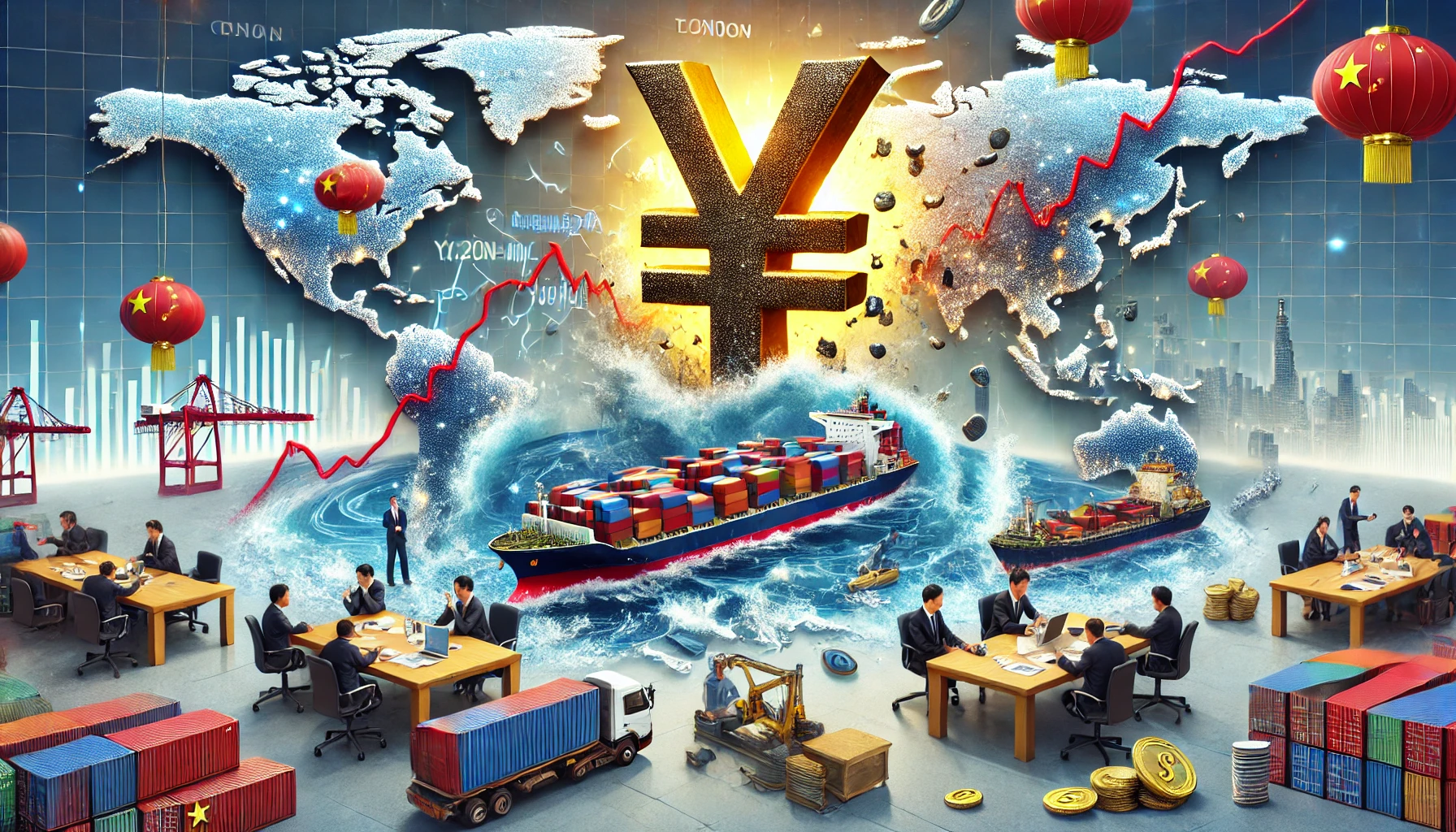China’s Economic Slowdown Impact has been the main and fundamental mover of world growth for such a decade. But the latest reports of a sharp deceleration in its economic pace have sent worldwide shockwaves. It is affecting trade, investments, and global economic policies. Let’s see what the impact of the China Economic Slowdown on the world economy is and why it matters to us all.
Understanding China’s Slowdown
China’s growth is beginning to slow down gradually due to a reduced number of exports, consumers not ready to buy their products, and issues with the real estate industry. At The beginning of 2024, China’s total GDP growth was far exceedingly less than expected. This started to trigger alarming concerns across the entire globe. As the second-largest economy in the world, any form of China’s Economic Slowdown Impact will be affecting other nations either in the form of direct or indirect way.
Effect on International Trade
China is a huge trade partner to numerous countries. When its economy slows down, its imports of raw materials, commodities, and advanced technology goods are lower. Australia, Brazil, and regions of Africa are all seeing shrinking revenues as nations are dependent on shipping goods to China. Lower Chinese demand also impacts international supply chains, creating disruptions for industries such as electronics, motor vehicles, and manufacturing.

Real Estate Troubles and Financial Markets
China’s property sector—once a growth pillar—is today a source of instability. Large property developers are in debt crises, with slowing construction projects and fewer job opportunities. This is causing financial ripples to global investors. Asian, European, and U.S. markets are taking the heat as uncertainties over China’s real estate impact confidence and investment flows.

Implications for Developing Economies
Those developing countries that are most dependent on Chinese loans and investments are most affected. With China reducing its expenditure on overseas infrastructure projects, most nations in Southeast Asia and Africa risk having funding shortfalls. This is decelerating their growth paths and subjecting them to difficulties in project completion of key infrastructure initiatives.
Central Banks and Policy Adjustments
The China Economic Slowdown Impact is also affecting central banks worldwide as they reassess their strategies. For example, the Federal Reserve and the European Central Bank are closely monitoring China’s situation as they set interest rates. The ripple effect of reduced Chinese demand could temper global inflation, influencing monetary policies in developed economies.
Opportunities Amid Challenges
Though the China Economic Slowdown Impact is a challenge, it presents opportunities too. Companies are beginning to opt for diversification in these supply chains that start to become diversified to slow down their reliance on China. They have decided to drive manufacturing in India, Vietnam and Mexico. Furthermore, with China turning to green energy and consumption within China, there can be growth in sustainable technology and local production.

Conclusion
China’s economic downturn isn’t solely an internal affair—it’s international news. Whether in the form of trade interruptions or redirected investment, the ripples are broad-based. And while countries grapple with coming to terms with this new phenomenon, resilience and creative responses will play important roles in staying ahead. Following these happenings closely will be important to policymakers, corporate strategists, and private sector players since China’s economic trajectory influences the path of the international economy to come.


























